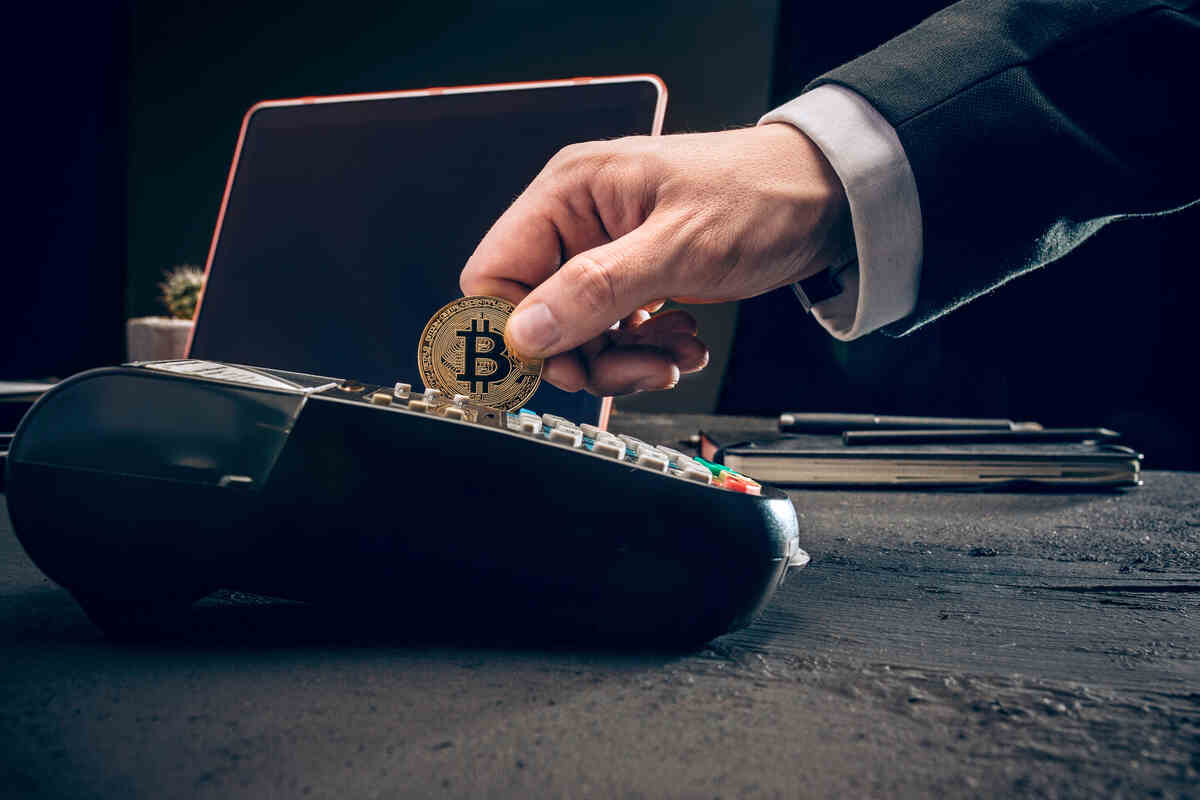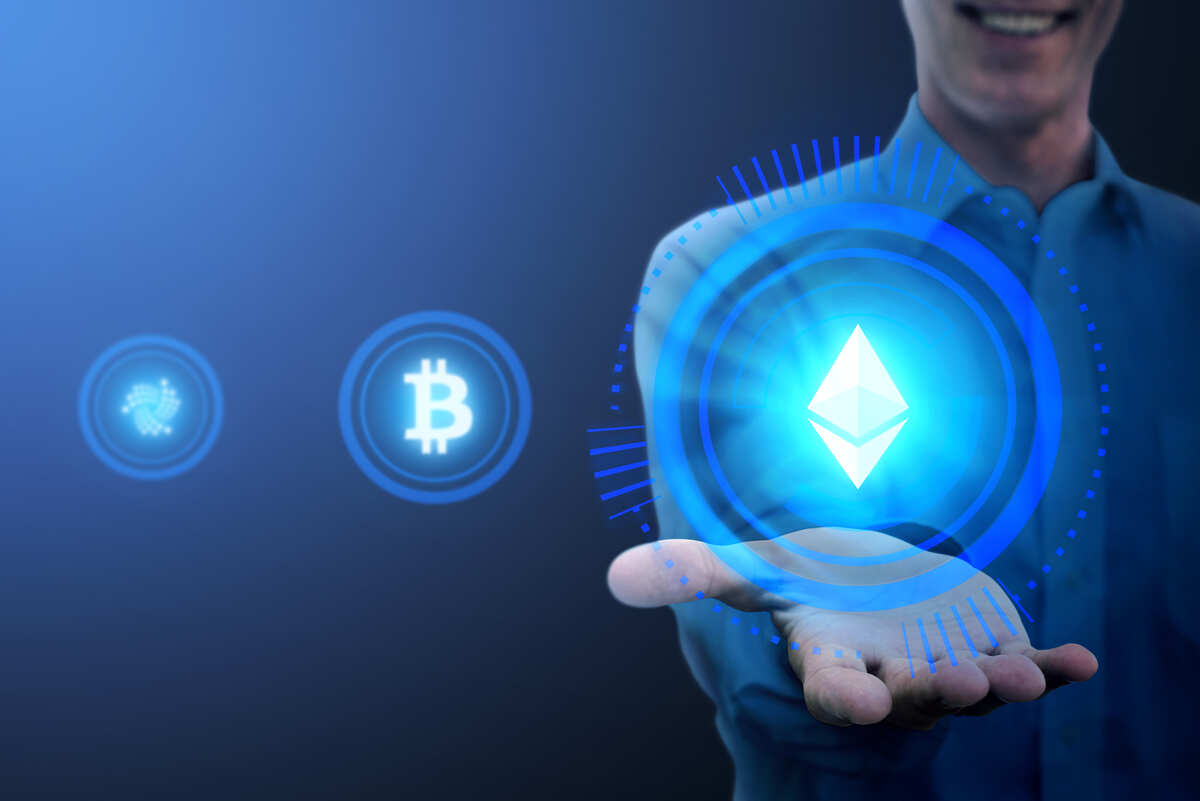Introduction
DeFi also refers to decentralized finance which is a radical innovation in the financial services industry. Where most of the conventional financial services are repriced and redesigned with the help of blockchain technology. Without the involvement of intermediaries or middlemen. A rising star, DeFi has come into the world with the ideology of making any financial service programmable and allowing anyone with an internet connection to interact. Unlike the traditional financial system that employs the use of intermediary’s such as banks, brokers etc. DeFi is built on the use of smart contract and decentralised network to provide services such as lending. Borrowing trading and getting an interest without involving middlemen.
The development of DeFi has come as a result of prospects of decentralize finance to solve some of the challenges common with the traditional finance industries. Such as high costs, centralized access, and complex structures. DeFi platforms can reduce the costs and time of financial transactions because they eliminated the middlemen and used the unalterable blockchain ledger.
What is DeFi?: Top DeFi Decentralized Finance
Decentralized Finance this is what it is popular known as DeFi. Pertains to an innovative monetary framework with various distinct attributes. Presently implementing blockchain protocol as its central foundation and that isn’t governed by control panels like banks and brokers. DeFi makes use of smart contracts—programmable agreements where the conditions of a contract are written. Integral part of the contract—coded directly into the blockchain. Mostly in Ethereum to support almost all kinds of financial operations. These are offering loans, taking loans, swapping, and even earning interest all on decentralised digital assets.
To sum up, the greatest advantage of DeFi is the opportunity for people with Internet access. With no regard to their geographical location or financial status, to receive Financial Services. In contrast to conventional finance, ‘creative’ finance is less likely to demand tedious documentation, credit checks, or approvals. DeFi market operates in an open-source environment and enables people to perform various financial transactions from the wallet. This decentralization is not only a cost-effective and effective solution but also a safer and more private one as it gets rid of. The quick need for some sort of centralised entity to govern transactions.
Why DeFi is Gaining Popularity: Top DeFi Decentralized Finance
The main cause for the rise of Defi is that the services it offers are delivered without involving a middleman. The conventional financial structures are highly formalised, time-consuming, and depend upon the extent of confidence towards the intermediaries. DeFi changes this dynamic by offering:DeFi changes this dynamic by offering:
- Greater Accessibility: As is often repeated, DeFi makes it possible for anybody with an internet. connection to participate in crucial financial services. There is no limitation as to whether one is a resident of a rat-run village or a busy city, DeFi platforms are universal.
- Transparency: All the transactions are saved on the references of blockchain, so the record is easy to check by everyone. This does away with the obscurity that has characterised traditional notions of centralised finance.
- Control Over Assets: DeFi however differs because user owns his or her funds at all times, regardless of what happens in the financial markets. There can be no middlemen, for instance, and this implies that you are your own bank.
- Innovative Products: I need to emphasize that there is a great development in the sphere of DeFi all the time and new financial instruments appear. Like yield farming, decentralized exchanges (DEXs), and many others so that users. Can have multiple opportunities to earn, save, and invest.
In other words, the emergence of DeFi is justified by the current activity requirements for affordable, efficient, transparent, and innovative solutions. Bearing such potential in mind, the sector still has much potential of developing and this is likely to continue to disrupt traditional finance. Allowing users to find new possibilities of personal development and to have more power over their financial life.
Top DeFi Platforms Leading the Way: Top DeFi Decentralized Finance
There are several established platform that has arisen as leaders in the DeFi sector. All these presenting distinct services and innovations that have aided the expansion of ecosystem. Here is a list highlighting some of the best DeFi platforms currently throwing their weight around in the industry:
1. Uniswap: Top DeFi Decentralized Finance
Uniswap is a decentralised exchange platform. Where users trade coins from their wallets with the help of an automatic market maker. What this means is that there is no middleman that is involved in the process of organizing the trades.
2. Aave
Aave is blockchain based lending system that enables customers to lend and borrow cryptocurrencies directly. They can get funds for their needs using pledge and earnings interest on the assets in their possession. Aave’s principal selling point is called the “flash loan” which turned a user into a borrower to a flash of a transaction. So long as the borrower pays the loan back in the same transaction.
3. Compound
Compound is another one DeFi protocol in the lending and borrowing space. Through it, users receive interest on their crypto which is provided to others in need of loans. Also, there is the use of crypto-assets that borrowers use when they need to open a particular amount of a loan. According to supply and demand, the protocol also has the functionality to adjust the interest rates.
4. MakerDAO
MakerDAO is the one behind DAI which is a decentralised stablecoin to provide the user with a value analogous to the US dollar. Some people use their crypto to provide collateral to obtain DAI in return which they spend or sell.
5. SushiSwap
SushiSwap is a clone of Uniswap but with extra functionalities. It offers incentives to the parties that offer liquidity and has an in-built governance token through which the users. Can decide about the next steps of the platform’s development.
Challenges Facing DeFi:Top DeFi Decentralized Finance
Despite its disruptive nature, Decentralized Finance (DeFi) has got the following risks that can influence the chances of sustainable growth. Still, there are certain issues, which are crucial for the company, one of them being security. The DeFi platforms rely more on smart contracts, and; The code has potential holes that hackers love to explore, and all this results in a lot of money-stacking loss. The DeFI space has also experienced several hacks and exploit that have brought to light. The dangers of testing new smart contracts or those whose audit is questionable in the best sense of the term.
The last but not the least is the challenges related to the regulatory framework – specifically, there is a problem of the lack of regulation. Since DeFi works in a non-custodial and often pseudonymous manner. It becomes a challenge for those who exercise, when it comes to implementation of existing financial laws. World governments and so agricultural regulating authorities are trying to figure out. How they can monitor the operations of DeFi especially in such sectors like AML and CFT. No clear rules of the game means potential for reduction of innovation or more stringent rules. That would erode decentralisation concepts.
The Future of DeFi: Top DeFi Decentralized Finance
The future of Decentralised Finance or DeFi is bright, as it already plans to change the financial services industry and make it better. There will thus be profound innovations as DeFi continues to evolve and solidify in the market as its future advancement is expected.
Among the major trends in DeFi, people expect the scaling issue to be addressed. Some of the existing issues include the congestion and high transaction fees on blockchain networks. Such as Etherium to mention but a few that have lead to new methods of scaling. Layer-2 protocols, side chains and the creation of new blockchains dedicated to DeFi can contribute very significantly to solving these problems. Such improvements would extend the DeFi accessibility to a larger number of users, cutting on prices and improving consumers’ satisfaction.
Another promising direction of DeFi is the ability of blockchains to interact with each other; in other words, interoperability between blockchains. When an ecosystem grows bigger, that requires integration, effective as well as efficient end-to-end message passing and sharing of resources. Working on integrating this between the two is cross-chain tech, along with decentralized bridges. Which are in the works to make it so that one can easily transfer assets and data between two blockchains. This will create a seamless interconnected topography of decentralized finance or a DeFi ecosystem where users will be able to hammer a lot of services and assets.
Conclusion
DeFi is not just a trend or a niche, which appeared recently; it’s a movement that is changing the financial world. A decentralized application gets rid of middlemen, enables anyone with internet connectivity to access financial services, and employs mega-distributed ledgers in the form of blockchain to promote transparency and equity in finances, something that is captured by the defi.
As much as risks like security threats and regulatory issues persist, the progressive enhancement of this area offers the society a better future in terms of the financial systems. Everyone should learn and explore DeFi as it can provide a diverse of opportunities especially in the ever-growing financial space of cryptocurrencies.











Leave a Reply